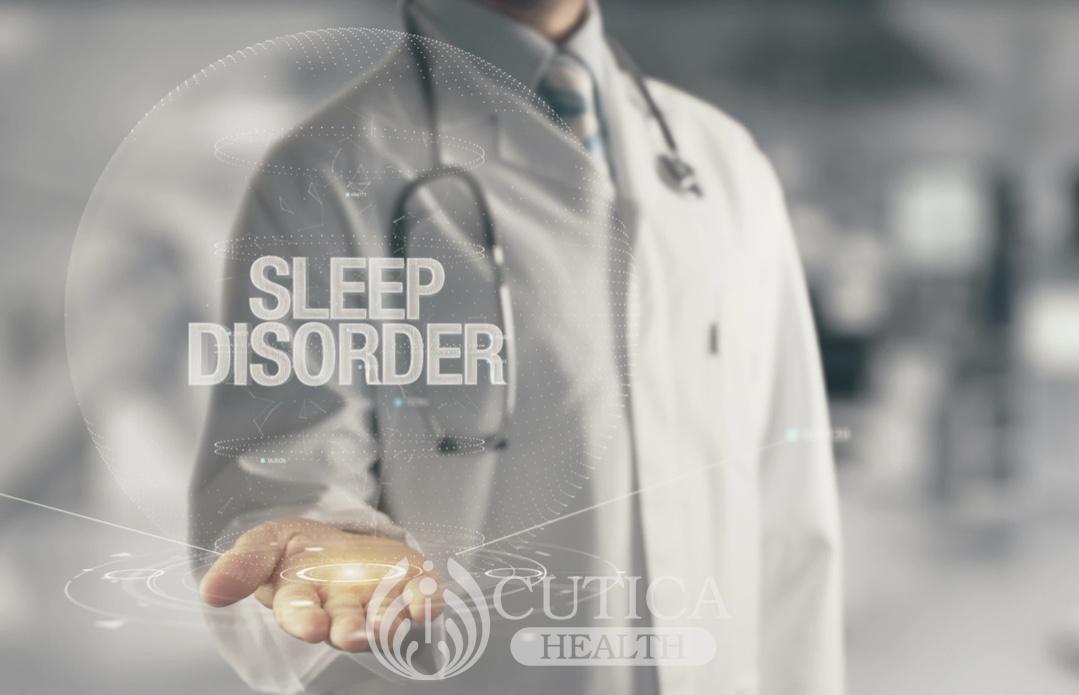
Sleep disorder is an umbrella term used to categorize several conditions that disrupt the quality, duration, and timing of sleep. Sleep disorders throw the body’s internal clock out of balance and can directly contribute to the development of physical and mental health problems. In some cases, a sleep disorder can be a sign or symptom of an underlying health problem.

Even with this wealth of information, the knowledge people have about sleep disorders are limited and sometimes, false.
Here are some major facts to know sleep disorders:
What are the types of sleep disorders?
There are many types of sleep disorders; each one affects your regular sleep pattern in its own unique way. Common sleep disorders include insomnia, or inability to initiate or sustain sleep; narcolepsy, which involves excessive day time sleepiness and poor sleep at nights, and; parasomnias, which describes sleep conditions that involve abnormal movements, talks, emotions, and activities during sleep.
What are the symptoms of sleep disorders?
There are different sleep disorders and the symptoms exhibited by an individual will depend on the specific disorder they have.
However, if you present with any of these symptoms, you may have a sleep disorder:
- Difficulty falling asleep at night
- Difficulty staying asleep at night (waking up frequently and finding it hard to fall back asleep)
- Inability to move when you first wake up
- Daytime sleepiness
- Tingling, creeping, or crawling sensation in your limbs occurring mostly in the evenings which is relieved by massaging
- Vivid, dreamlike experiences in the early stages of sleep or while dozing
Others have reported that you may:
- Choke, gasp, snort or snore loudly when you sleep or that you stop breathing for brief moments.
- Jerk or flail your limbs while you sleep
What causes sleep disorders?
Sleep disorders can be caused by different factors and in some cases, their cause is unknown. Causative factors include:

- Medical conditions such as nerve disorders, heart disease, lung disease, and chronic pain
- Psychological disorders such as anxiety, depression, and eating disorders
- Certain medication such as antihistamines, SSRI antidepressants, corticosteroids, ACE inhibitors
There are other things that may increase your chances of developing a sleep disorder. Some of them are caffeine, a disrupted internal clock(such as from working at night), getting older, alcohol, and drug use.
How are sleep disorders treated?
The treatments for sleep disorders differ and will depend on which disorder you have. Your doctor may recommend any of the following depending on the cause and severity of your disorder:
- Cognitive behavioral therapy: This involves therapy sessions with a licensed mental health professional to help you identify the underlying psychological cause of the sleep disorders and ways to deal with it.
- Bright light therapy: This involves exposing you to very bright light to help reset your internal clock and correct your disrupted sleep pattern.
- Continuous positive airway pressure (CPAP) therapy: This intervention is necessary if your sleep disorder is affecting your breathing at night. CPAP helps deliver oxygen to your lungs while asleep.
- Sleep medication
- Lifestyle changes and sleep hygiene practices
- Relaxation techniques

Conclusion
Sleep is a complex and essential biological process. When you sleep, your body carries out important repair and metabolic processes to keep you functioning optimally. If your sleep is compromised, it can affect your health (physically and mentally), your productivity, and even your ability to carry out your daily activities.












